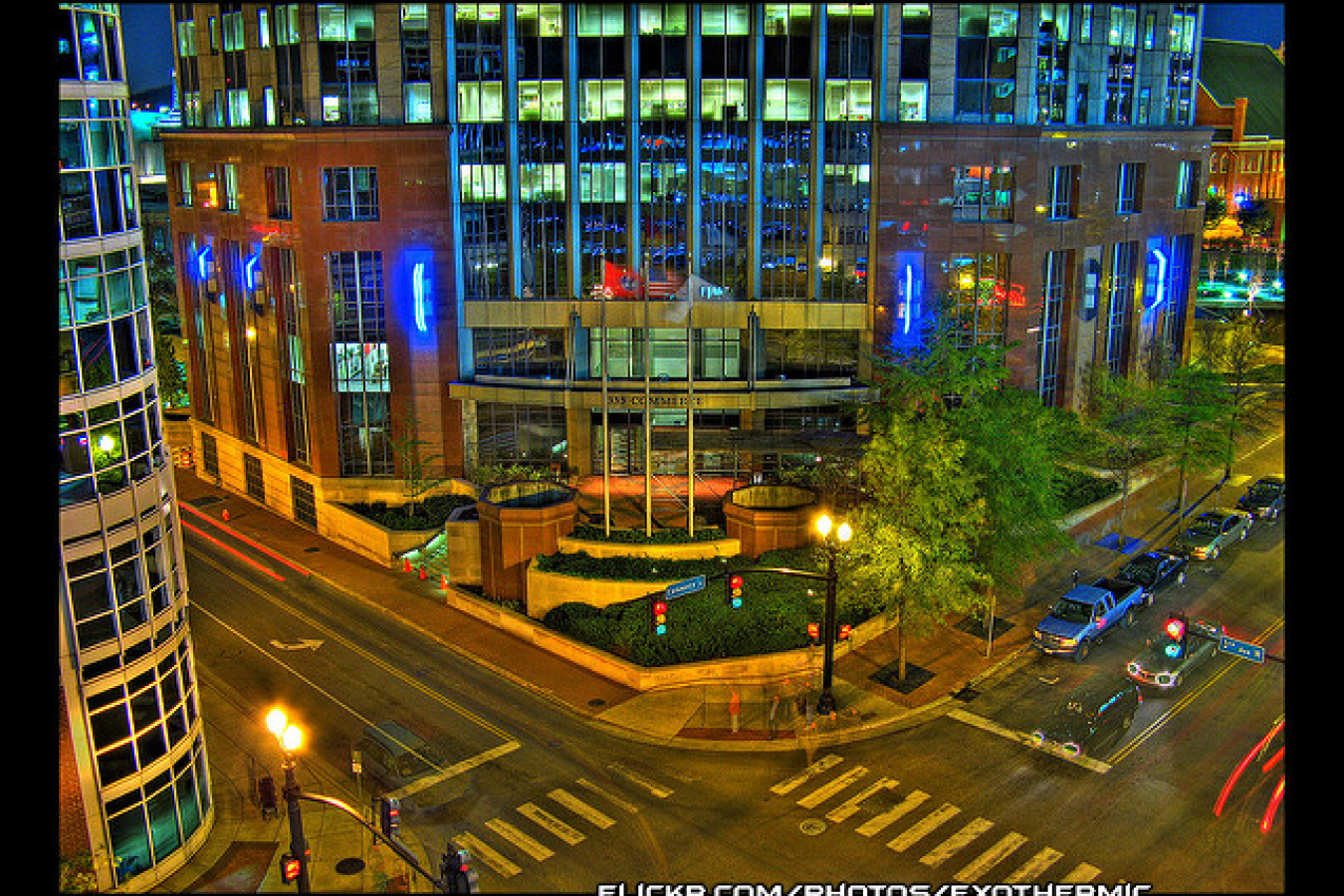Support migrant centric journalism today and donate

 • Watch This Video
• Watch This VideoBeginning almost a year ago and progressing into the spring of this year, the United States Congress and the White House made immigration reform a highly visible issue in preparation for the off-year election. However, intense political fighting over the details largely scuttled the debate and deadlocked meaningful progress at the federal level.
As a result, several dozen U.S. cities and local jurisdictions began passing their own laws. The moves are highly controversial because the United States Constitution grants specific authority only to the federal government to regulate immigration, legal or illegal, into the United States.
Most of the legislation has been highly partisan and politically reactionary, often in response to alleged issues that have little substance or have been distorted to promote special interests.
By the end of the summer, several basic tactics that had been passed into law or were under pending status were punitive measures directed at illegal residents, landlords that allow illegal immigrants to reside at their properties, businesses that employ illegal immigrants, and access to various services and licenses by illegal immigrants.
By the end of the summer and into September, human rights organizations, American citizens, legal aid societies, and organized illegal immigrants themselves had begun to respond, challenging the legality of the laws.
At the same time, politicians entering an election on 06 November had more or less dropped the issue, apart from using sound bites to promote their election campaigns. George Bush signed legislation partially funding a wall along the border between the U.S. and Mexico, adding approximately 700 miles to the existing wall.
Other actions by the federal government have been to tighten up passport and visa checks at the borders, and by plane and boat. New passports and visas include biometric security chips, which are phasing out the old, paper-only versions. Eventually, the radio frequency identification (RFID) chips will include a wealth of personal data that can be automatically scanned remotely by computers connected to a world network and different government databases.
In California last week, two human rights groups, the Mexican American Legal Defense and Educational Fund and the American Civil Liberties Union, filed a federal lawsuit on Friday seeking to overturn an ordinance in the southern California city of Escondido that prevents landlords from renting homes to illegal immigrants. Five other organizations are participating in the suit against the city, located 50 miles north of the border with Mexico.
They are challenging a measure, passed 3-2 last month, which would force landlords to prove the legal immigration status of tenants to the local government.
"We believe that it is not within the authority of municipalities like Escondido to pass laws of this kind," said Kristina Campbell, staff attorney for the legal defence group. "Immigration lies within the scope of the authority of the federal government, not small towns," she said.
The law was passed 18 October at a meeting in Escondido City Hall that was disrupted repeatedly, by parties on both sides of the issue. Supporters said the city needed to curb illegal immigration.
Opponents called the law racist and said it set neighbour against neighbour in the city of 140,000 people.
City lawmakers said they plan to contest the suit against the bylaw, which was to come into effect in mid-November.
Escondido is the largest of several towns and cities from California to Pennsylvania that have passed laws in recent months to deny access to housing or jobs to illegal immigrants in their communities. In some cases, employers face fines and loss of their business licenses. Legal employees have also been given rights to sue employers for lost pay when attributed to illegal immigration issues.
In Hazleton, Pennsylvania, a federal judge on Tuesday last week temporarily barred the town from implementing a law designed to prevent illegal immigrants from living in the town.
Judge James Munley of the U.S. District Court for the Middle District of Pennsylvania issued a temporary restraining order against Hazleton City Council, preventing it from enforcing its Illegal Immigration Relief Act Ordinance.
In many ways, the measure has become a model for other U.S. towns that blame illegal immigrants for a range of social problems, real and imagined. It carefully encompasses most of the range of activities that local municipalities think fall outside the jurisdiction of the federal government.
Hazelton studied theoretically what many others had proposed to create their law. After concerns were raised by the end of August, and the threat of a lawsuit, the town made key changes to the ordinance in hopes it would remain intact.
Scheduled to take effect this week, it would have fined landlords found to be renting space to illegal aliens, close down businesses that hire them, and allow legal employees to sue the businesses for employment lost during such a shutdown. A related law also establishes English as the town's official language.
The town of Sandwich, Massachusetts also modelled a local ordinance based in large part upon the Hazelton legislation.
Judge Munley's restraining order is valid until 14 November. In a 13-page opinion, he said immigrants risked "irreparable injury" by being evicted from their apartments if the law is enforced. He also said he was not convinced by the city council's unsubstantiated claims that illegal immigration increases crime and overburdens social services.
He added that since the plaintiffs - representing the town's Hispanic community - claim the law affects constitutionally protected rights, it is in the public interest to delay enforcement of the ordinance until a court can consider its constitutional implications.
10 other towns around the country, according to the Puerto Rican Legal Defense and Education Fund, have already passed similar measures. Thirty-two towns around the U.S. are considering similar measures.
Related:
• Another US town to make it illegal to hire illegals
• US town at center of lawsuit passes new, tougher immigration law
• States in the US passing their own immigration laws
• US study - Immigrants probably don't take jobs from Americans
• US cracking down on employers of illegal immigrants
• US state by state immigration rules
• US Republican party shuts down immigration reform debate
• US passport rules for 2007 delayed by one week
• US electronic passport program takes effect
• US plans to build more fences to control illegal immigration





















